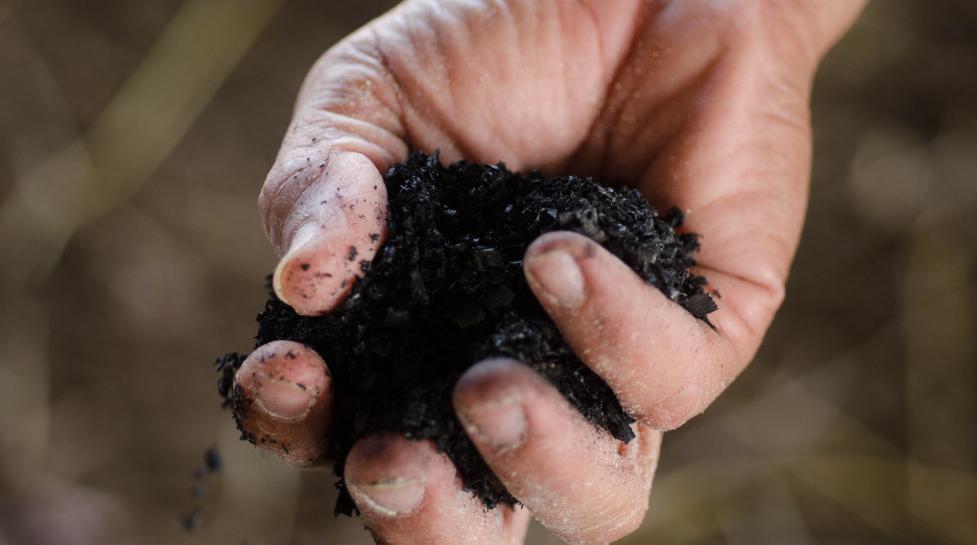Boulder also selected as one of 10 global cities to submit biochar project proposal to Bloomberg Philanthropies
Boulder also selected as one of 10 global cities to submit biochar project proposal to Bloomberg Philanthropies
The City of Boulder was recently awarded a substantial grant for its carbon drawdown and sequestration work, alongside an invitation to secure additional funding through Bloomberg Philanthropies.
Building on the city’s legacy as a leader in advancing ecosystems as a focus area for climate action, the funding will support Boulder’s bioenergy and biochar work.
The production of biochar captures carbon from the atmosphere and locks it into the soil, where it provides nutrients that help trees and plants grow.
“Biochar is one of a small set of carbon drawdown and utilization strategies identified by the Intergovernmental Panel on Climate Change (IPCC) as ready to deploy in our efforts to stabilize climate,” said City of Boulder Senior Sustainability and Resilience Policy Analyst Brett KenCairn.
“In 2018, we partnered with key city departments such as parks, forestry, and Open Space and Mountain Parks to experiment with biochar as part of our agricultural soil sequestration trials on City of Boulder open space properties; this grant will enable us to expand this work and explore its uses in urban landscapes.”
Through the Carbon Neutral Cities Alliance Game Changer Fund, the City of Boulder was awarded a $100,000 grant to fund its work in concert with three other climate-leading cities — Minneapolis, Stockholm and Helsinki.
Together, these four cities will develop a bioenergy-biochar action strategy focusing on two key areas: urban forestry and biosolids-to-biochar.
Boulder was also chosen as one of 10 global cities to submit a project proposal to Bloomberg Philanthropies for technical assistance and matched funding to develop a city-wide biochar project.
Currently, Boulder generates more than 1,000 tons of woody biomass "waste" for which it must pay for disposal.
The initial goal of the project is to capture and convert this material into biochar, which can then be used in urban forestry expansion and storm water treatment objectives. The heat emitted in the production of biochar can also displace natural gas use.
Whittled down from a pool of nearly 50 cities, Boulder will develop a full proposal to compete for two years of funding to support this work.
As part of this effort, the Climate Initiatives department will collaborate with other city departments, as well as convene a broad consortium of local partners, including Boulder County and the University of Colorado Boulder.
“Through these promising funding opportunities, we can better leverage nature-based climate solutions to amplify our efforts in becoming a net-zero emissions city,” said KenCairn.
